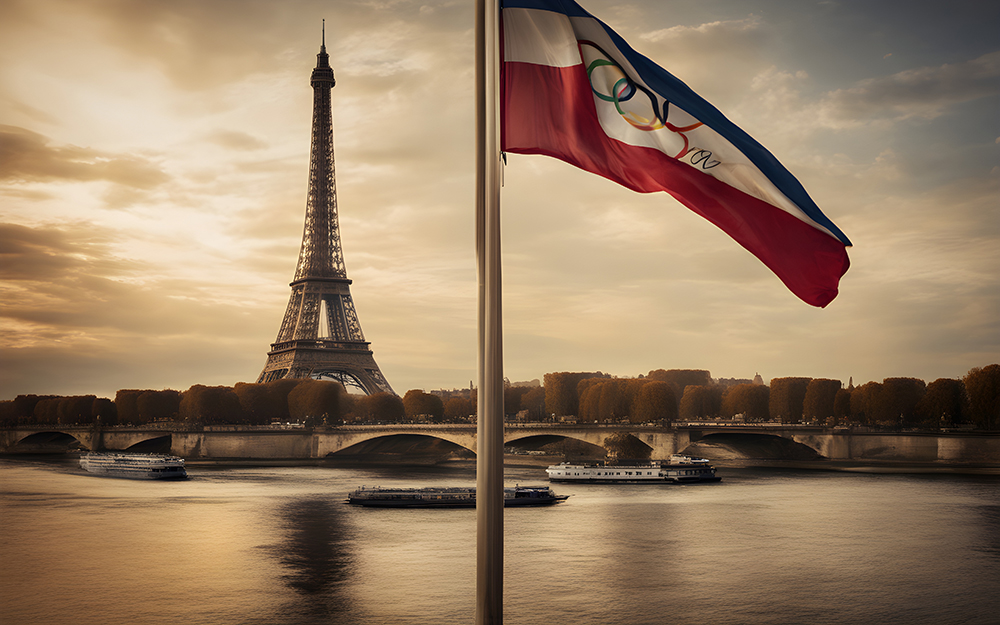
The Environmental Cost of the Winter Holidays
As the winter holidays unfold each year, many of us revel in the magic of snow-covered landscapes, cozy gatherings, and the timeless traditions that define the season. However, beneath the surface of this festive season lies a growing and often overlooked impact: climate change and human consumption are reshaping the very essence of our winter celebrations. From changing weather patterns to the sustainability of holiday traditions, the influence of a warming planet is becoming increasingly evident.
One of the most noticeable effects of climate change on the winter holidays is the dwindling presence of snow in traditionally snowy regions. Warmer temperatures and altered precipitation patterns have led to delayed snowfall and reduced snow cover, challenging the picturesque winter wonderlands we associate with the season. Iconic scenes of snow-covered landscapes are becoming less reliable, affecting everything from holiday travel plans to epic snowball fights with friends.
Climate change is also altering the landscape of holiday travel. Unpredictable weather events and changing conditions impact transportation, leading to potential disruptions for those trying to reunite with loved ones. Traditional winter activities, such as skiing, ice skating, or sleigh rides, are becoming less dependable due to shifting winter patterns, prompting families to reconsider long-standing holiday traditions.
The winter holidays are often associated with excess, from elaborate light displays to extravagant meals. However, as climate change awareness grows, so does the scrutiny on the environmental impact of these festive practices. The energy consumption associated with elaborate holiday light displays and the carbon footprint of extensive travel contribute to the season’s environmental toll. Many individuals and communities are now grappling with how to balance festive traditions with a growing commitment to sustainability.
Warmer winters and changing climates affect not only human traditions but also the natural world around us. The migration patterns of birds and the hibernation behaviors of certain animals are shifting in response to milder winter temperatures. Plants are flowering and sprouting in the winter rather than remaining dormant. These changes in behavior disrupts the ecological balance and have an impact on other seasons and growing patterns.
Amid these challenges, the human world is finding ways to adapt and even embrace our changing winter holidays. From eco-friendly celebrations to creative alternatives for snowy activities, there is a growing recognition that the holidays can be a time for reflection and positive change. Local initiatives, such as sustainable holiday markets and eco-conscious events, are gaining traction as communities seek to balance tradition with environmental responsibility.

Waterborne Environmental, Inc. Hired to Create Online Dashboard That Tracks Nutrient Loss Across the State of Missouri
READ MORE

Swimming with Bacteria: Water Quality Concerns at the 2024 Paris Olympics
READ MORE

The Right Tool – Multidimensional Models
READ MORE



